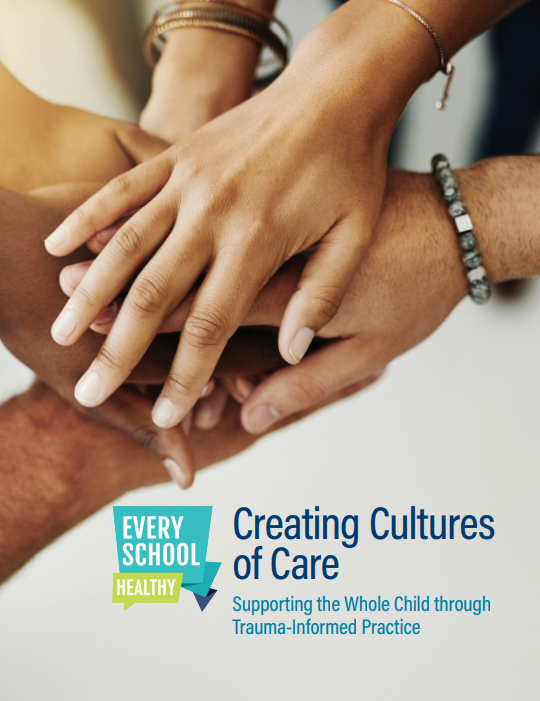Turnaround Contributes to Research Brief on Supporting the Whole Child through Trauma-Informed Practice

On January 28, 2020, America’s Promise Alliance’s research center, the Center For Promise, published the research brief, Creating Cultures of Care: Supporting the Whole Child through Trauma-Informed Practice.
As part of America’s Promise Alliance’s Every School Healthy campaign, the brief was created in partnership with Turnaround for Children; Alive and Well Communities; Better Together Central Oregon; Child Trends; and the Robert Wood Johnson Foundation.
Creating Cultures of Care highlights ways that youth-serving professionals, community leaders and policymakers can support whole-child development through trauma-informed practice. Drawing from literature and community expertise, the brief bridges theory and practice. Theory is supported by scientific research on positive youth development, adverse childhood experiences, trauma and toxic stress. Practical applications are illustrated through two case studies of community-based organizations, Alive and Well Communities in Missouri and Better Together in Oregon, that highlight on-the-ground efforts to create healthy school environments for all learners.
A February 20 opinion piece by Nico Connolly, Director of Strategic Initiatives and Partnerships at America’s Promise Alliance, acknowledged the contributions of Turnaround as well as other organizations in the research brief:
“Creating Cultures of Care is also jampacked with helpful resources from organizations like Child Trends, Turnaround For Children, and the US Department of Health and Human Services. The authors also provide ideas and helpful perspective on how we as a field can measure assess the impact of trauma informed practice moving forward.”
Turnaround for Children is one of six Every School Healthy community partners that is “working to create school and community environments that support the well-being of youth and adults, and where every young person feels safe, supported, and empowered to be their whole selves.”

Share This Story